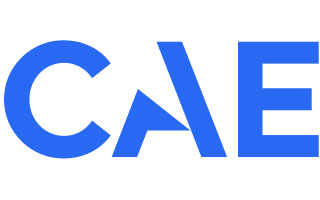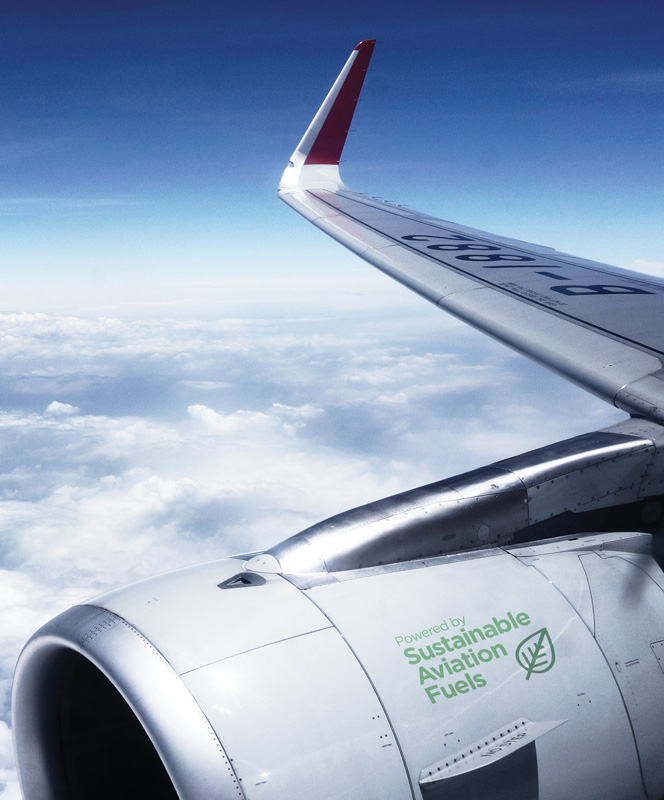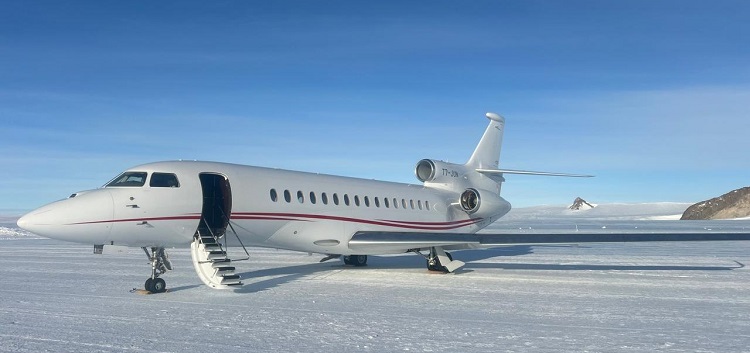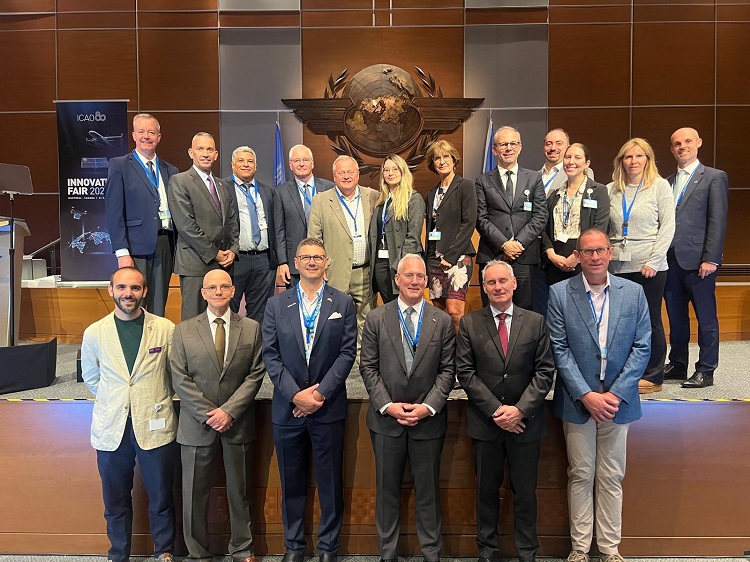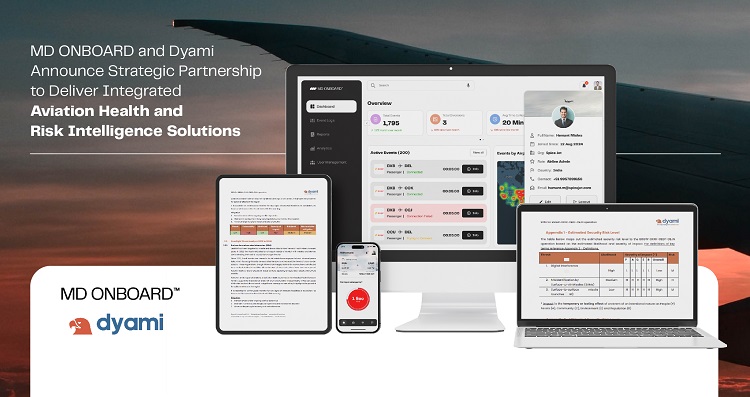“This approach will be key to lowering our industry’s dependency on fossil fuels, and reducing the CO2 output from the industry, and its effect on climate change,” the International Business Aviation Council (IBAC) said in a report submitted to ICAO on behalf of the Business Aviation SAF Coalition. The report was accepted by ICAO and included in the organization’s 2019 Environmental Report.
The ICAO report takes a high-level look at where the aviation industry broadly is on sustainability efforts, forecasts for the futures, and initiatives underway to improve the environmental footprint.
Business aviation operations represent 0.04 percent of global anthropogenic CO2 emissions, IBAC said, but “nevertheless, our industry has demonstrated a serious commitment to the ongoing exploration of new methods and technologies to significantly reduce this figure.” Business aviation leaders have pledged to work toward the goal of 2 percent improvement in fuel efficiency each year through 2020, carbon-neutral growth from 2020 onwards, and a 50 percent reduction in carbon emissions by 2050, compared with 2005 levels.
To achieve those goals, business aviation needs to take a multi-faceted approach, including new technologies, operation efficiencies, improved infrastructure, market-based measures, and SAF.
Read more: ainonline.com






